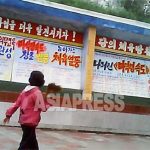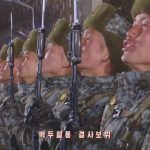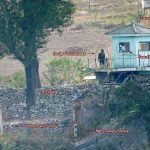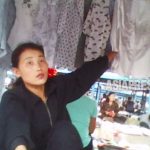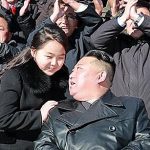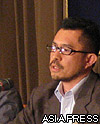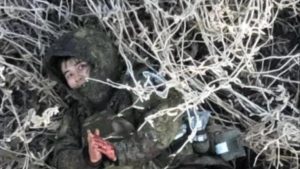◆ Food Procurement Through Contracts
So what has changed?
In broad terms, there has been a shift from the past state policy of "total procurement, total rationing" to a partial procurement policy.
Procurement is an important system related to North Korea's food distribution, where the government purchases food from farmers (farms) at state-fixed prices (low prices) according to national plans. The procurement system is essentially the foundation of the rationing system.
Legal basis for this can be found in the Agricultural Law and Grain Management Law. Let's first look at Article 60 of the Agricultural Law, which was revised in September 2020:
"The supply of agricultural products shall be carried out according to plans and contracts."
Here, "plans" refers to mandatory procurement executed by the state, while "contracts" refers to procurement based on contracts that farms establish with factories or enterprises.
Regarding this, Article 11 of the Grain Management Law, revised in March 2021, states:
"Grain procurement is divided into mandatory procurement based on state investment share and procurement based on contracts, conducted by grain procurement inspection agencies under agricultural guidance institutions."
It is presumed that with this agricultural policy reform, the state will procure food only for essential operational personnel such as the military, police, and civil servants through planned methods, while procurement for others will be arranged through contracts between farms and enterprises.
At first glance, this might appear to be abandoning the state's exclusive management of food. We will continue with more specific details about the food distribution system envisioned by the Kim Jong-un regime in the next installment. (To 8 >>)
※ ASIAPRESS communicates with its reporting partners through Chinese cell phones smuggled into North Korea.
<North Korea Special> What is the Reality of Kim Jong-un's Agricultural Policy Reform? (7) Creating a New Framework for Farm Food Distribution
